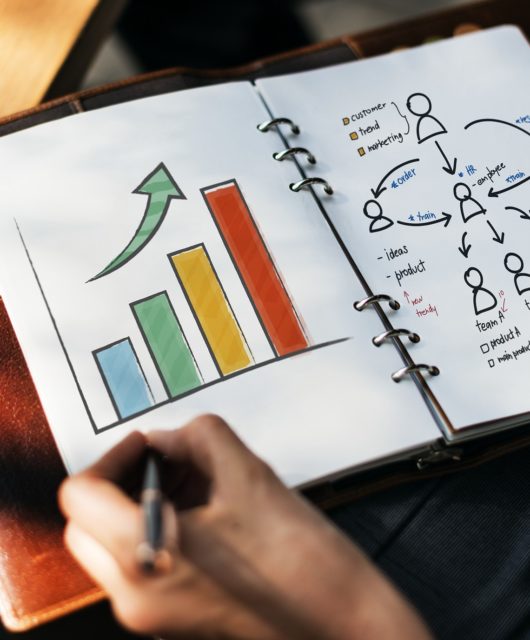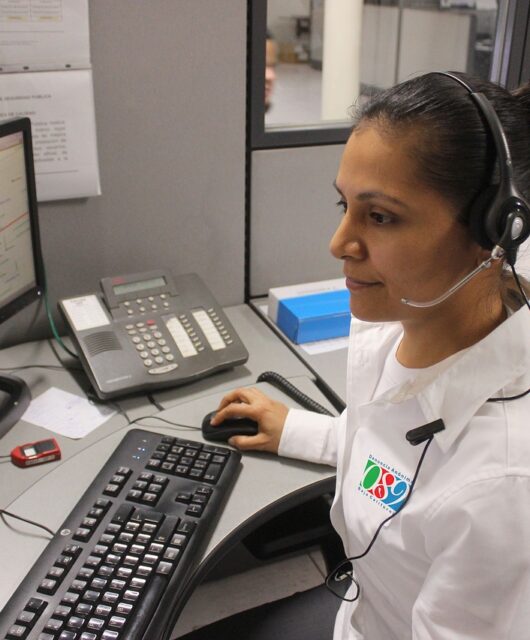Sustainability And Survival – 5 Ways The Corporate World Must Evolve For The Good Of The Planet
 Sustainability has never been more important. With each passing year, it becomes clearer that corporate activity must change drastically if we are to have any hope of passing on a healthy planet to future generations.
Sustainability has never been more important. With each passing year, it becomes clearer that corporate activity must change drastically if we are to have any hope of passing on a healthy planet to future generations.
There’s a lot of work to be done, but the following five changes will be central to pushing the corporate world in the right direction.
1. Sustainable from the start
Every new building is an opportunity to get things right from the start, with sustainability quite literally built into the foundations. Eco-friendly building materials and practices are available, and all sorts of features can be worked into the design. For example, the best serviced offices in Melbourne feature easy access to public transport, fleets of e-bikes, and plenty of green spaces throughout the building.
2. Adopting the right technology
Remote working was on the rise before the pandemic struck. However, with lockdowns rolling out across the world, the shift to home office arrangements has accelerated. This change comes with many positive ramifications for the environment, getting traffic off the roads and reducing carbon emissions. However, changes like this require a lot of tech support, so it is vital for businesses and corporations to be judicious in which strategies they adopt.
We are likely to see more big changes like this over the coming years, including shifts towards renewable energy sources and transport options that cut down on emissions. The one constant is that technology will be the driving force.
3. People over profits
One of the major factors driving environmentally irresponsible corporate behaviour can be summed up in a single word: profits. Corporations often justify environmentally irresponsible activity with the argument that they must act in the best interests of their shareholders. However, they are not legally obligated to consistently provide short-term gains, especially not when the cost to the planet is so great.
Until corporations stop hiding behind the need to maximize shareholder value, we have little hope of seeing any positive change from the biggest players in the game – the ones who could really make a difference if they took action.
4. The human element
Sustainability is about more than just environmental issues. Humans are a big part of the equation, and as the pandemic has clearly demonstrated, employee protection is essential to the healthy function of society.
The rise of the gig economy resulted in the loss of things like health insurance, paid sick leave, annual leave, and retirement provisions for many people. When workers are underpaid, undervalued, overworked, and stressed out, it’s only a matter of time before the entire system in which they’re working collapses. In other words, it’s not sustainable.
Instability in the workforce ripples out, affecting all facets of life on this planet. So, developing ethical, empathic and inclusive employment practices is essential.
5. Global partnerships
From the deals we make with foreign manufacturers to the climate accords struck between nations, global partnerships are an important part of our journey towards sustainability. The exploitation of foreign workers for fast fashion and low-cost goods cannot continue. Corporations must take responsibility for their supply chains and work with their manufacturers to ensure fair conditions can be enjoyed by all. Even if this were achieved, it would be just one small step in the effort to make the means of production sustainable.
If we wish to create a sustainable future for this planet, then we must all play our part in making positive changes. However, the largest portion of the responsibility lies with the corporate sector. Until they begin putting people and the planet over profits, they will be a hindrance rather than a help.









